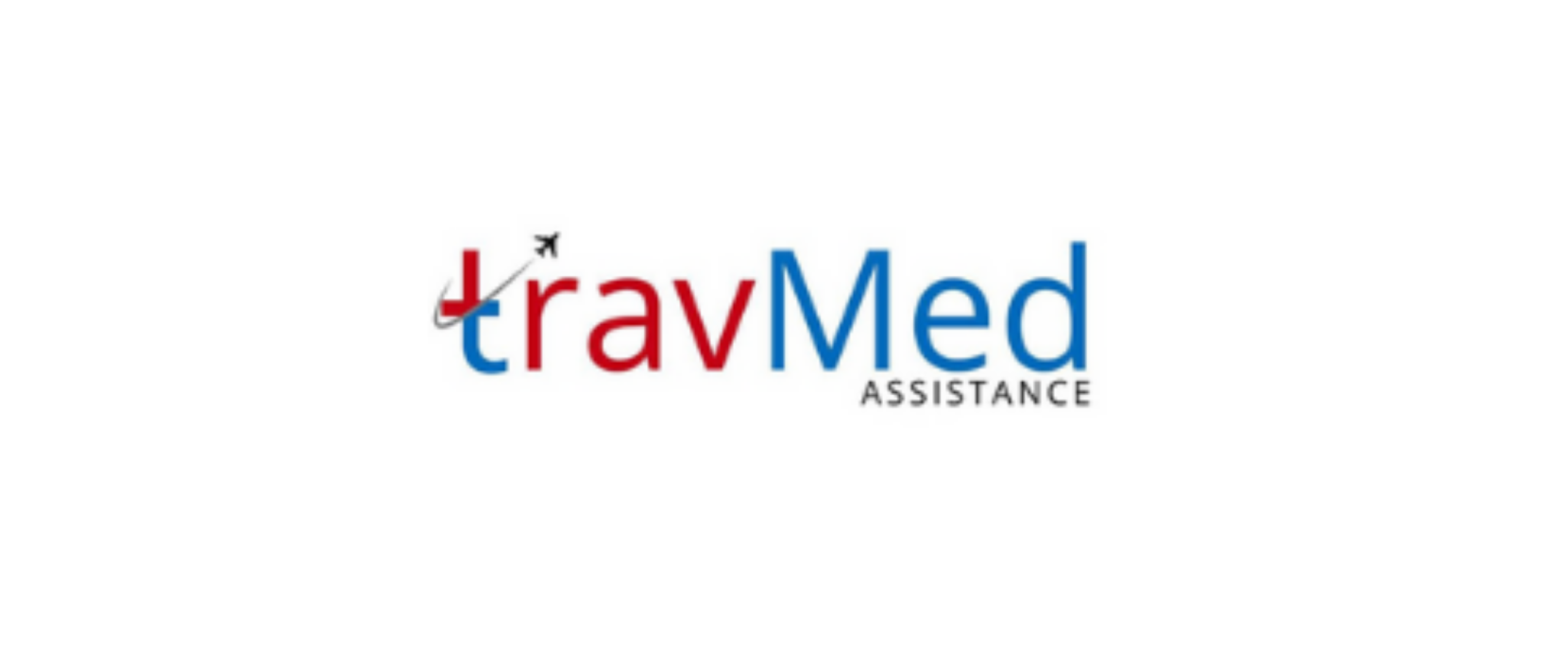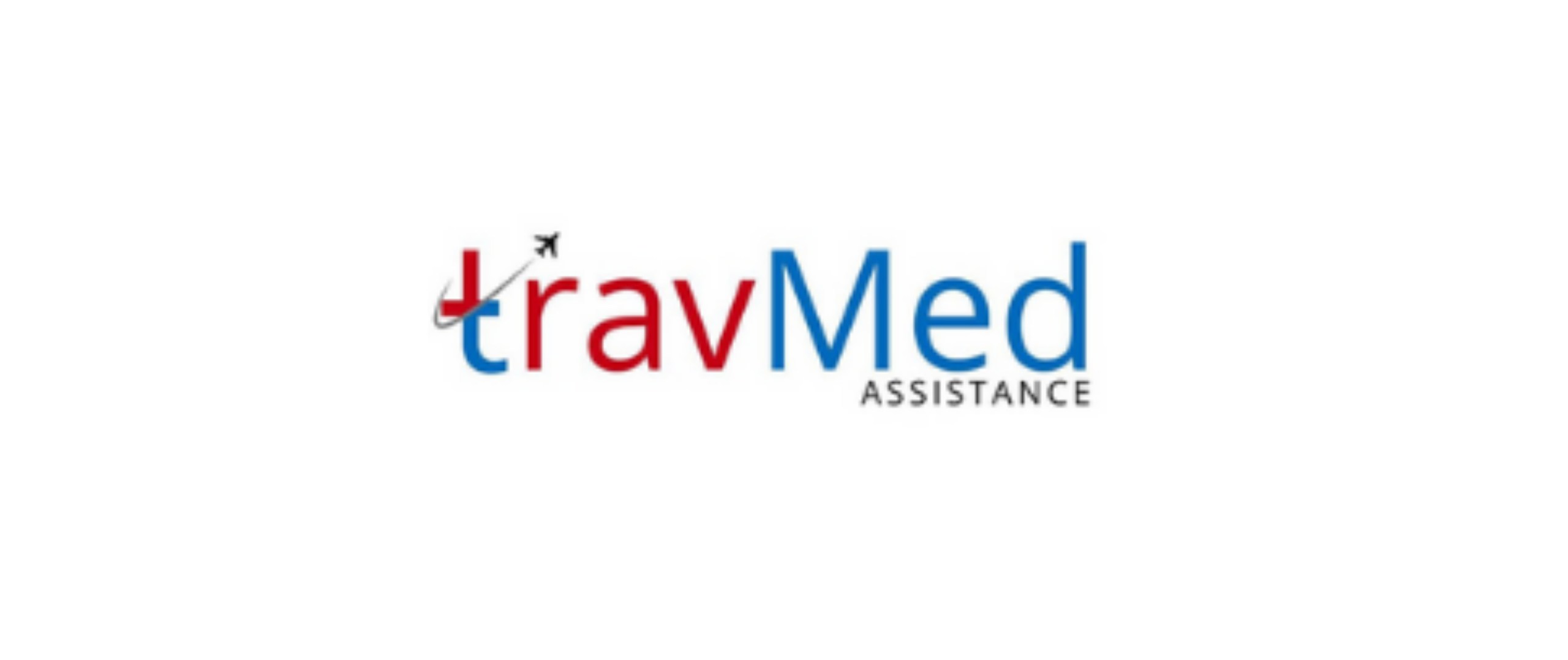
What are the top hospitals for foreign patients?
Nepal offers several high-quality hospitals that cater to foreign patients requiring critical care. The top hospitals include:
- Inova Hospital in Lazimpat Kathmandu
- HAMS Hospital in Kathmandu
- Norvic International Hospital in Kathmandu
- Mediciti Hospital in Lalitpur
- B&B Hospital in Lalitpur
- Nepal Mediciti Hospital in Bhaisepati
- Manipal Teaching Hospital in Pokhara
These hospitals have modern facilities, experienced medical staff, and are equipped to handle complex medical cases. They provide a range of critical care services including intensive care units, emergency departments, and specialized treatment for various conditions. Many of these hospitals have international accreditations and partnerships with foreign medical institutions, ensuring high standards of care for foreign patients.
Who provides critical care for foreigners?
Critical care for foreigners in Nepal is provided by a team of highly qualified medical professionals, including:
- Intensivists – Specialized doctors trained in critical care medicine
- Anesthesiologists – Experts in pain management and life support
- Emergency physicians – Specialists in acute care and resuscitation
- Critical care nurses – Trained in intensive care and monitoring
- Respiratory therapists – Specialists in respiratory support and ventilation
- Cardiologists – Heart specialists for cardiac emergencies
- Neurologists – Brain and nervous system experts
- Surgeons – For emergency surgical interventions
These professionals work collaboratively to provide comprehensive critical care. Many have received training abroad and are familiar with international medical protocols. Hospitals often have dedicated teams for foreign patients, including English-speaking staff and international patient coordinators to ensure effective communication and culturally sensitive care.
How does critical care work in Nepal?
Critical care in Nepal follows a systematic approach to manage severely ill patients:
- Initial assessment and triage upon arrival
- Immediate stabilization of vital functions
- Admission to Intensive Care Unit (ICU) or High Dependency Unit (HDU)
- Continuous monitoring of vital signs and organ functions
- Advanced life support measures as needed (e.g., mechanical ventilation)
- Regular assessment and treatment adjustments by the critical care team
- Specialized interventions based on the patient’s condition
- Multidisciplinary approach involving various specialists
- Family updates and involvement in decision-making
- Gradual weaning from intensive support as the patient improves
- Transfer to regular wards once stable
- Discharge planning and follow-up care arrangements
The critical care units in top Nepalese hospitals are equipped with advanced medical technology, including ventilators, dialysis machines, and monitoring systems. They maintain high nurse-to-patient ratios to ensure close observation and prompt interventions. Many hospitals also have telemedicine capabilities, allowing consultations with international experts when needed.
What documents are required for hospital admission?
For hospital admission in Nepal, foreign patients need to provide several documents:
- Valid passport
- Visa or entry permit for Nepal
- Travel insurance policy details
- Medical history records (if available)
- Recent medical test results (if applicable)
- List of current medications
- Emergency contact information
- Consent forms for treatment
- Proof of payment or financial guarantee
- Power of attorney (in case the patient is incapacitated)
- Vaccination records (especially for infectious diseases)
- Allergy information
It’s advisable to have these documents translated into English if they’re in another language. Some hospitals may require additional paperwork depending on the nature of the medical condition and the planned treatment. Having a local contact or a representative from the embassy can be helpful in navigating the admission process and ensuring all necessary documents are in order.
How much does critical care cost in Nepal?
The cost of critical care in Nepal varies depending on the hospital, the severity of the condition, and the duration of stay. On average, critical care costs can range from:
- ICU charges: $200 – $500 per day
- HDU charges: $150 – $300 per day
- Ventilator support: $100 – $200 per day
- Specialist consultation: $50 – $150 per visit
- Diagnostic tests: $50 – $500 depending on the test
- Medications: Varies widely based on treatment
- Surgery (if required): $1000 – $10,000 or more
These are approximate figures and actual costs may be higher or lower. Private hospitals in urban areas tend to be more expensive than government hospitals. Some hospitals offer package deals for specific treatments. It’s important to note that critical care costs can accumulate quickly, especially for prolonged stays. Travel insurance with adequate medical coverage is highly recommended for foreigners visiting Nepal.
How long does critical care treatment take?
The duration of critical care treatment in Nepal depends on various factors:
- Severity of the medical condition
- Patient’s response to treatment
- Presence of complications
- Underlying health status of the patient
- Type of critical care required (e.g., post-operative, trauma, medical)
On average, critical care stays can range from:
- Short-term (1-3 days): For less severe cases or post-operative monitoring
- Medium-term (4-7 days): For more complex conditions requiring stabilization
- Long-term (more than 7 days): For severe illnesses or multiple organ failures
Some patients may require extended stays of several weeks or even months in rare cases. The critical care team regularly assesses the patient’s progress and determines when it’s safe to transfer them to a regular ward or discharge them. Follow-up care and rehabilitation may be necessary after the critical care phase, which can extend the overall treatment duration.
Are services available for all foreign nationals?
Critical care services in Nepal are generally available to all foreign nationals, regardless of their country of origin. However, there are some considerations:
- Visa requirements: Patients need a valid visa to receive treatment in Nepal
- Language barriers: Some hospitals have translators, but not for all languages
- Cultural differences: Hospitals try to accommodate different cultural needs
- Payment methods: Foreign currency or international credit cards are accepted
- Insurance coverage: Not all insurance policies cover treatment in Nepal
- Repatriation services: Availability may vary for different nationalities
- Embassy support: Level of assistance can differ based on the country
- Specialized treatments: Some rare conditions may require transfer abroad
- Capacity limitations: During peak seasons, beds may be limited
Most top hospitals in Nepal have experience treating foreign patients from various countries. They often have international patient departments to assist with specific needs of foreign nationals. It’s advisable to contact the hospital or a medical assistance company in advance to ensure all necessary arrangements are in place for the patient’s nationality and specific medical condition.
How reliable are top hospitals for critical care?
Top hospitals in Nepal providing critical care for foreigners are generally reliable, with several factors contributing to their credibility:
- Accreditations: Many have international accreditations like JCI or NABH
- Experienced staff: Doctors and nurses often have training from renowned institutions
- Modern equipment: Hospitals invest in up-to-date medical technology
- Quality control: Regular audits and quality improvement programs are implemented
- Success rates: Many hospitals publish their treatment outcomes and survival rates
- Patient feedback: Positive reviews from international patients are common
- Partnerships: Collaborations with foreign hospitals ensure knowledge exchange
- Infection control: Strict protocols are followed to prevent hospital-acquired infections
- 24/7 services: Critical care units operate round-the-clock with full staffing
- Ethical practices: Adherence to international medical ethics and standards
While the overall reliability is good, it’s important to note that medical outcomes can never be guaranteed. Factors such as the severity of the condition, individual patient characteristics, and unforeseen complications can affect the results. It’s advisable to research and compare different hospitals, consult with medical professionals, and read patient testimonials before choosing a facility for critical care in Nepal.
Are hospitals equipped for emergency care?
Hospitals in Nepal, especially those catering to foreign patients, are well-equipped for emergency care. Their emergency departments typically feature:
- 24/7 operational status with trained emergency staff
- Triage systems for quick assessment and prioritization
- Resuscitation rooms with advanced life support equipment
- Trauma bays for managing accident victims
- Diagnostic imaging services (X-ray, CT, MRI) available round-the-clock
- On-site laboratories for rapid blood tests and other diagnostics
- Fully stocked pharmacies with emergency medications
- Ambulance services with trained paramedics
- Helipad facilities in some hospitals for air evacuations
- Direct access to operating theaters for emergency surgeries
- Specialized units for cardiac, neurological, and pediatric emergencies
- Decontamination facilities for chemical exposure cases
These hospitals maintain a state of readiness to handle various emergencies, from acute medical conditions to trauma cases. They often conduct regular drills and training sessions to ensure staff preparedness. While the level of emergency care in Nepal may not match that of some developed countries, the top hospitals are capable of providing timely and effective emergency treatment for most critical conditions.
How do I access critical care services?
Accessing critical care services in Nepal involves several steps:
- Contact the hospital’s international patient department directly
- Reach out to your travel insurance provider for guidance
- Get in touch with a medical assistance company operating in Nepal
- Consult your embassy or consulate for recommended hospitals
- Use emergency services (102 in Nepal) for immediate assistance
- Visit the emergency department of a top hospital directly
- Arrange for air or ground ambulance transfer if in a remote area
- Provide all necessary medical information and documents
- Complete admission formalities and financial arrangements
- Undergo initial assessment and triage
- Get transferred to the appropriate critical care unit
- Maintain communication with the medical team throughout treatment
For non-emergency situations requiring critical care, it’s advisable to make arrangements in advance. This includes choosing a hospital, understanding the costs involved, and ensuring all necessary documents are in order. In emergency situations, the focus is on getting the patient to the nearest capable facility as quickly as possible, with administrative details sorted out later.
Are hospitals available in remote locations?
The availability of hospitals capable of providing critical care to foreigners in remote locations of Nepal is limited. However, there are some options:
- Regional hospitals: Larger towns have hospitals with basic critical care facilities
- Telemedicine services: Some remote clinics connect with city hospitals for guidance
- NGO-run hospitals: Organizations like Possible Health operate in rural areas
- Military hospitals: In some regions, these may be accessible to civilians in emergencies
- Mobile medical camps: Occasionally set up in remote areas, but not for ongoing care
- Helicopter evacuation: Available for transport to better-equipped urban hospitals
- Community health posts: Provide basic emergency care in very remote areas
- Private nursing homes: Some offer limited critical care services in smaller towns
It’s important to note that the quality and extent of critical care in remote locations may not match that of major urban centers. Patients requiring advanced critical care are often transferred to hospitals in Kathmandu or other major cities. Travelers venturing into remote areas of Nepal should have comprehensive travel insurance that covers emergency evacuations and should be aware of the nearest medical facilities capable of handling critical cases.
How do hospitals monitor the quality of care?
Hospitals in Nepal employ various methods to monitor and maintain the quality of care:
- Regular patient outcome reviews and mortality conferences
- Infection control committees and protocols
- Continuous medical education programs for staff
- Patient feedback systems and satisfaction surveys
- Internal audits of medical procedures and documentation
- Benchmarking against international healthcare standards
- Quality improvement projects and Six Sigma methodologies
- Incident reporting and root cause analysis of adverse events
- Peer review processes for complex cases
- Monitoring of key performance indicators (KPIs)
- Accreditation processes and compliance with regulatory bodies
- Collaboration with international hospitals for best practice sharing
Many top hospitals in Nepal have dedicated quality assurance departments that oversee these activities. They often use electronic health record systems to track patient care metrics and identify areas for improvement. Regular staff meetings and performance evaluations also contribute to maintaining high standards of care. Some hospitals participate in national and international quality improvement initiatives, further enhancing their ability to provide excellent critical care to both local and foreign patients.


